Imagine you live in a sheltered part of the world, where few people dream of leaving. You’ve got big dreams, though, and one day, something happens that changes everything. You can leave to pursue those dreams, and along the way, you discover the world is bigger than you ever thought it could be. It’s filled with good, but there’s darkness lurking under the surface.
You’ve just imagined the plot of countless RPGs over the years — and it also happens to be the backbone of Atelier Ryza‘s narrative. That would qualify as being a bit ho-hum, overdone, and not too interesting for a typical RPG. However, it’d be a mistake to approach Atelier Ryza: Ever Darkness and the Secret Hideout as a typical RPG, because it certainly isn’t, and that’s a very good thing for this entry.
Atelier Ryza: Ever Darkness Review: Crafting A Brighter Future
There are a couple of things working together to keep this setup from holding Ryza back. One is the game’s characters.
On the surface, the characters don’t break new ground. Ryza is the spunky, hotheaded type, Tao is the shy bookwork, Lent wants to get stronger, and Klaudia is the reserved and quiet foil to Ryza. As per usual with the Atelier series, though, these types are presented so well and so earnestly that it’s difficult to take any issue with them, however well-worn they might be.
And that’s also partly because of one other factor: how the story is structured. You spend a lot of the game’s early hours on Kurken Island or exploring the nearby portion of the world’s mainland. Initially, you start from absolutely nothing — no alchemy skills, rudimentary combat abilities, and no way to survive for long.
That only changes once Ryza and friends meet up with Empel and Lila, a seasoned alchemist and warrior respectively. Eventually, you learn these outsiders who have traveled the world hold the key to Ryza, Lent, and Tao’s dreams. Ryza finds she has a talent for alchemy, Tao receives help studying the island’s ancient ruins, and Lent finds a capable teacher in Lila.
Not that other people in the village take them seriously, though. Kurken Island is the universal representation of a small town that isn’t too keen on change, and you feel that as the story unfolds. If the group isn’t being ridiculed for chasing their silly dreams or getting shouted at for being lazy and avoiding farm work, they’re having to sneak off the island to gather materials, study, and train.
Of course, all that changes over time, when the islanders realize how helpful and necessary alchemy and strong warriors can be — but it takes a while. Still, the pacing is actually a boon and a storytelling device here. Just when you get tired of the island or your new playground on the mainland, the story moves on and opens up another new location, with plenty of materials to experiment with.
It’s an interestingly organic method of progression that ties in smoothly with how Ryza and her friends gradually see more of the world, and it makes things like finally establishing your own atelier and making an “official” new friend feel like genuine accomplishments.
In between all that is a wide variety of quests and story skits exploring the island’s history and character backgrounds or showing off more character interaction than you get in the main story. These are also a series staple, but they’re deeper and more interesting than previous ones as well.
Where, for example, some of the early skits in Atelier Lulua focused on how much Lulua loved food or how everyone thought the barmaid was hot, skits in Ryza focus on how relationships soured between the island’s children thanks to one family lording it over everyone else or how Lent’s father is an abusive alcoholic and drove Lent’s mother away.
These quests and skits sometimes offer another viewpoint on the story and its themes. The main thrust is exploring the world and getting off the backwards, sometimes closed-minded island, true. But those who’ve already seen the world and experienced its less pleasant side will tell you why Kurken Island isn’t so bad after all, once you learn adventures aren’t always so great. The only “wrong” viewpoint here is the one that refuses to accept anything new just for the sake of it.
It’s a surprisingly nuanced take on the setting and plot, especially when Atelier is usually about wearing a frilly skirt and trying your best.
It all takes place in a gorgeous world spanning a variety of locations, and every important scene is voiced as well. Like Atelier Lulua earlier in the year, Ryza only has a Japanese voice option, but unlike Lulua, the Japanese voices are much more moderate, better suited to characters and situations. There are, mercifully, far fewer “I FOUND SOME GRASS IN A HIGH PITCHED VOICE” moments.
That’s not to say Ryza will win a storytelling of the year award. Some of the skits will be seen out of sequence with the main story because of how you access them, by going to a specific place after a certain point, and other characters don’t really do or say much outside the skits and quests. However, it’s great to see the series’ slice-of-life emphasis used to such good effect by being intertwined with an actual story, and it is most definitely a big step up from previous entries.
The series’ gameplay loop is as addictive and satisfying as ever, too: explore, gather materials, make stuff, complete quests, make more stuff, fight things, make stuff again, complete story quests, repeat. Quests are numerous and varied, ranging from monster hunting to synthesis and material gathering. You aren’t restricted as to when you complete them, but who you have in your party and where you’re at in the story determines when quests unlock, plus you get your rewards as soon as they’re completed.
On top of these traditional Atelier elements is the chance to customize your Atelier after a certain point in the story, including the wallpaper, furniture, shingles, and basically almost everything.
An excellent fast travel system streamlines all the back-and-forthing needed to complete quests and gather materials and furnishings, and it’s even easier and faster when you get access to the world map. There’s even a mechanic that rewards you for fully exploring a region. One drawback here, though, is that the regular map is a bit sparse, and it’s not always easy to figure out where you need to go (or when) without checking your in-game memo after an event.
Alchemy, the series’ biggest draw, makes a bigger impact in Ryza as well. As is always the case in a new arc for the series, the alchemy system is completely different from what came before. This time around, it’s based on the Material Loop system. Each recipe has a number of different loops requiring different item types and items of a specific element (thunder, fire, wind, or ice). The pre-set loops have their own qualities they add to the finished product, like increasing a specific stat or granting some ability; every item you add has quality level and trait that affect the end result as well.
Traits and quality are standard in Atelier games. But you’ll actually need to pay closer attention to these earlier on in the game than usual, especially quality. That’s because several optional and story quests require items of a specific quality level. I can’t speak for every Atelier game, but the ones I have played usually make quality an optional thing, or it won’t come into play until later. So this was a refreshing change of pace that really made me focus on what I was adding and which Material Loops I prioritized over others.
Envision is a new alchemy feature that lets you uncover new recipes as well, without having to buy them. Despite being called an alchemist’s ability, it basically just means checking to see if a recipe has an alternate form, then looking at the Material Loop map to see how you can unlock it. You’ll be doing this a lot, and it, combined with the basic Material Loop system, makes gathering as many materials as you can during every exploration trip more worthwhile than it’s ever been.
There’s even an item rebuild feature you unlock a bit later, where — for a steep price of gems — you can add to an existing item to improve its quality or give it new traits.
Since the number of items you can add is limited, there’s also a greater element of planning involved. Do you want to level up one loop and increase quality? Or should you just add items of a different element that won’t help much, but will unlock the next loop with that extra damage trait your bombs need or a new recipe?
Taking item traits and weapon crafting into consideration is something else you’ll be doing more of in Atelier Ryza‘s combat. In a substantial change from previous games, Ryza‘s combat swaps out traditional turn-based battles for a system based around an Active Time Battle (ATB) meter, and you’ll only control one character at a time.
This has the big benefit of making battles feel more tense and hectic, something which the generally higher difficulty helps as well. Enemy strengths and weaknesses play a much bigger role from the beginning, and you’ll need to consider item management on top of individual actions. Items this time aren’t just stored in the Basket; instead, they’re infused in Core Crystals (no, Blades don’t pop out of them) and equipped to specific characters. They only have so many uses before you have to infuse them from the item menu by using up an existing item in your inventory.
Obviously, infusing items with traits that either inflict conditions, heal HP, or deal extra damage is highly desirable, as is exploring hidden recipes for new armor with its own special traits and higher stats that you can’t buy in the store.
And, in addition to all that, is how you consider what moves to use. In place of MP determining what special moves you can make, you get Action Points, earned through making regular attacks. You can spend these on skills, or you can save up increments of 10 and increase your Tactics level, which gives everyone a stat boost and increases the number of basic attacks you perform.
Combat has always been a bit of an iffy area for the series. You’d have all these attack options and different things you can craft into your items, but enemies outside optional bosses were woefully simple to beat, and it ended up just being a chore. Ryza goes a long way in fixing that issue, which, combined with the better-integrated story and expanded synthesis systems, makes the game a much more unified whole than its predecessors.
Atelier Ryza: Ever Darkness Review — The Bottom Line
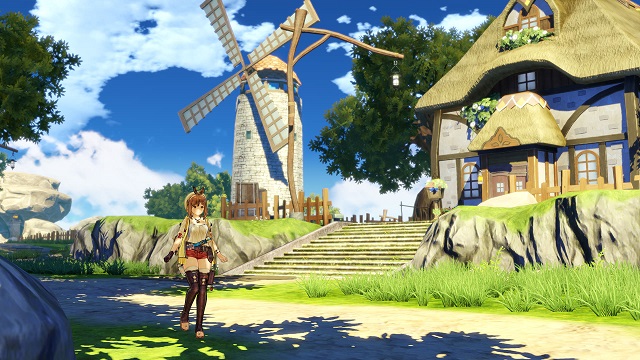
Pros:
- More engaging story than previous entries that’s better integrated as well
- Refreshing take on the coming of age story
- Extremely addictive and rewarding synthesis system
- Expansive and varied world to explore
- Extensive amount of content
- Long-needed changes to the combat system and difficulty
- Much better coherence between the three main pillars of story, crafting, and combat
Cons
- Only one ending
- Some discontinuity between scripted skits and story events
- Might be too slow and tame for those wanting an epic RPG
Atelier Ryza: Ever Darkness and the Secret Hideout is a must-play for series fans, whether you’ve played every entry or just one.
The big question is whether it will change the minds of those who’ve passed the series over before. The answer depends. If you’re wanting an epic RPG with conflict and deep characterization, well, don’t get this. If you want something a bit more sedate that rewards the time and effort you put into its different systems, it might just be worth a try.
[Note: Koei Tecmo provided a copy of Atelier Ryza: Ever Darkness and the Secret Hideout for the purpose of this review.]

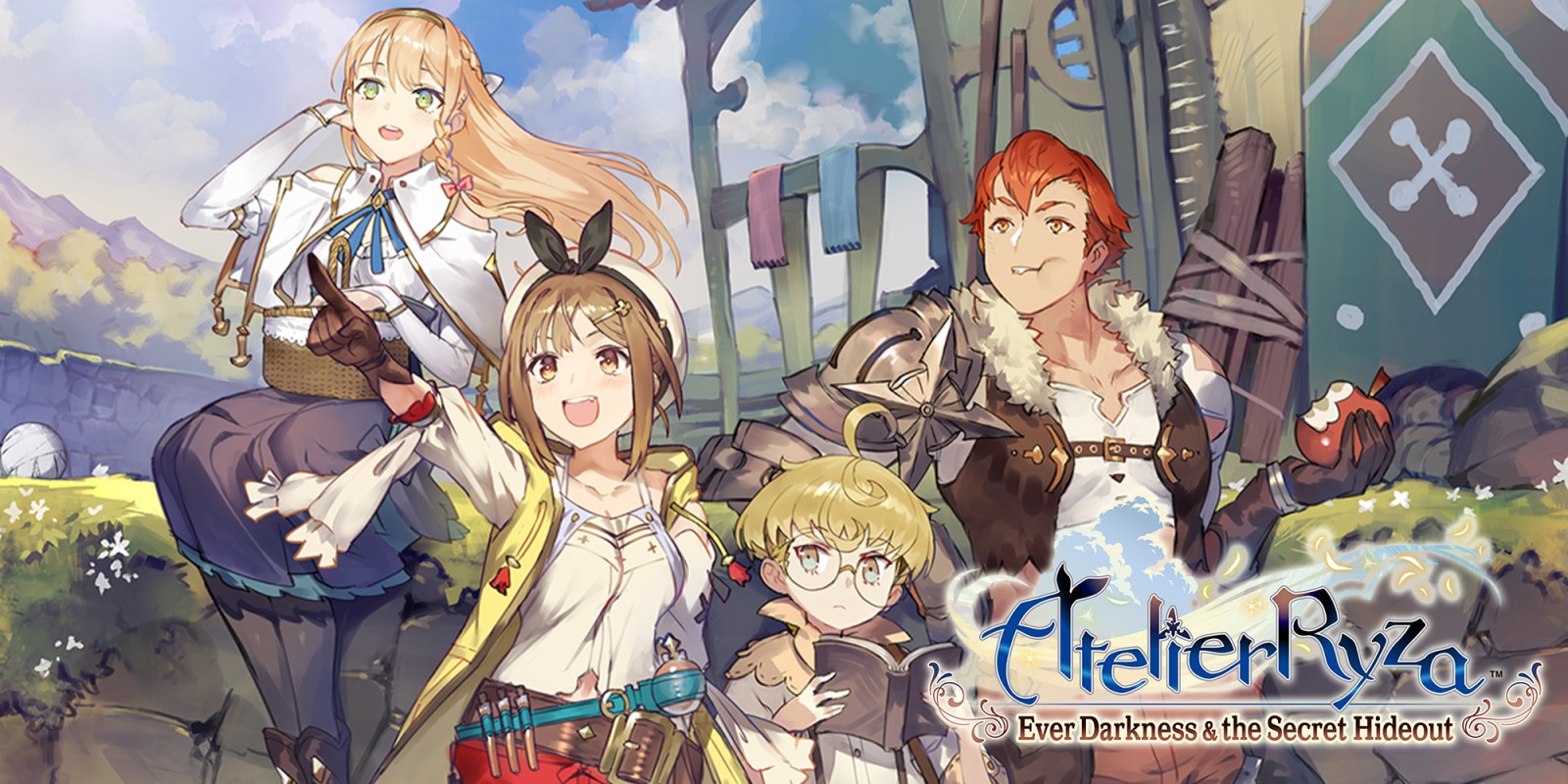
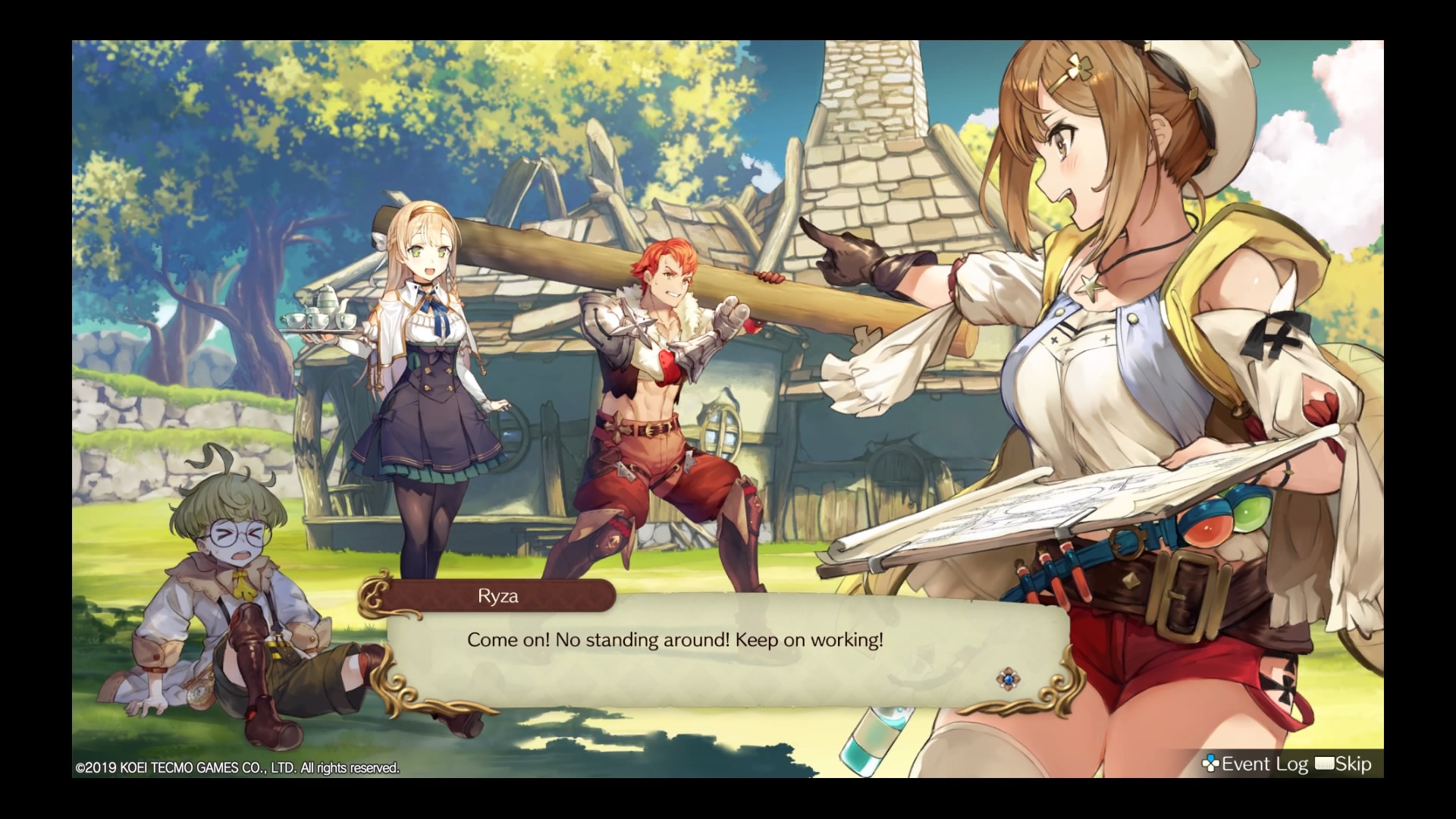
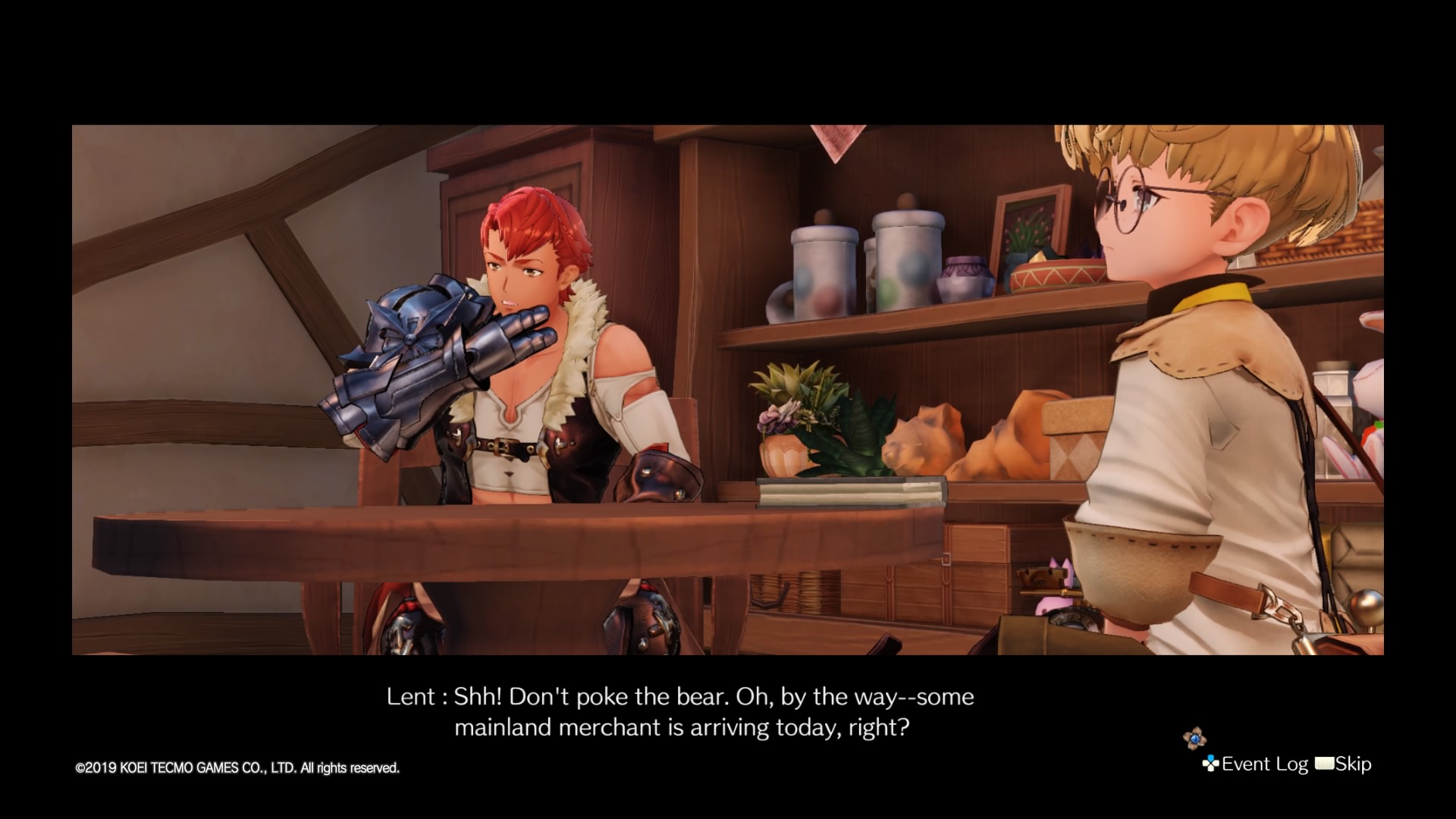
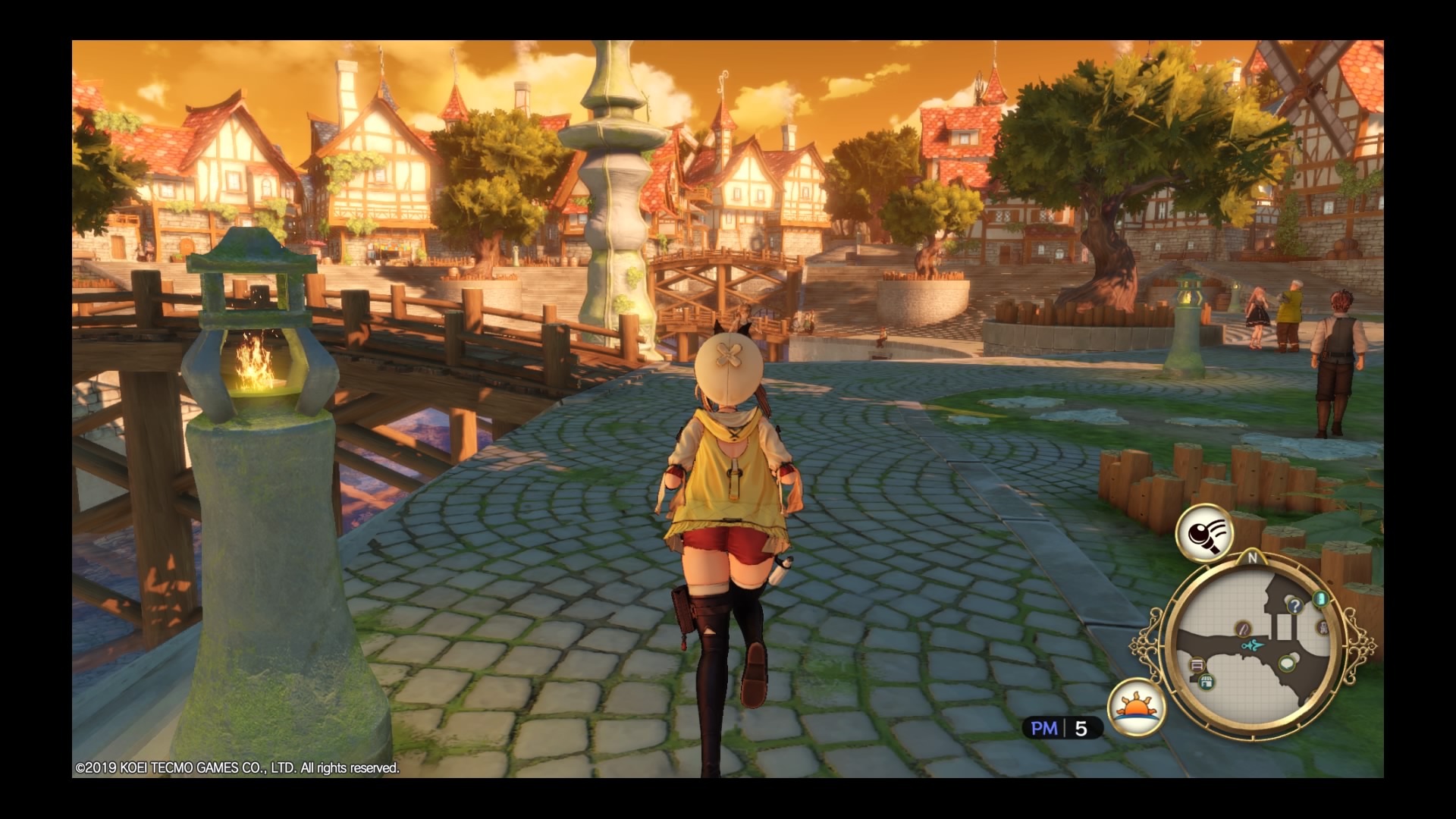

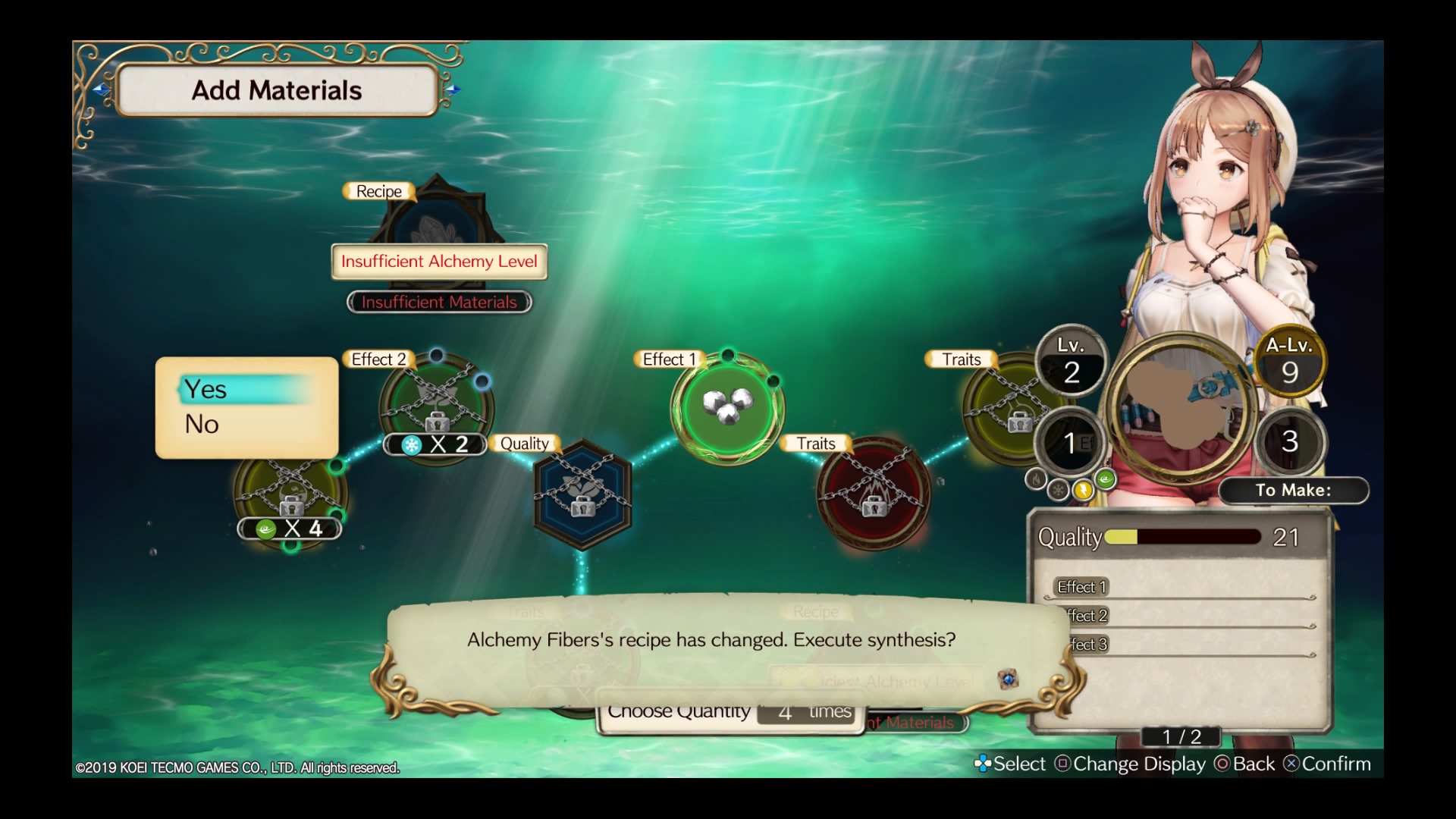
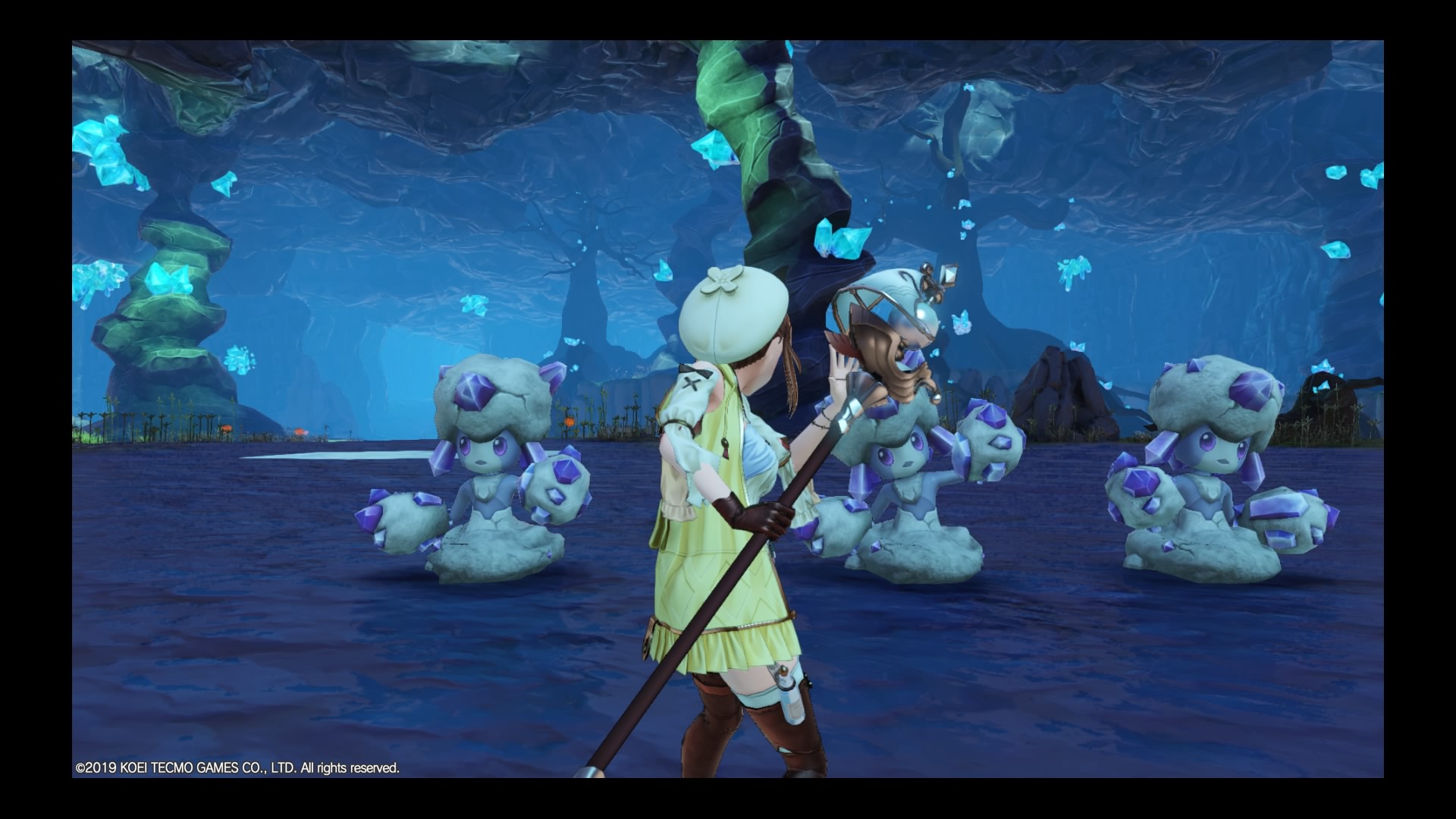





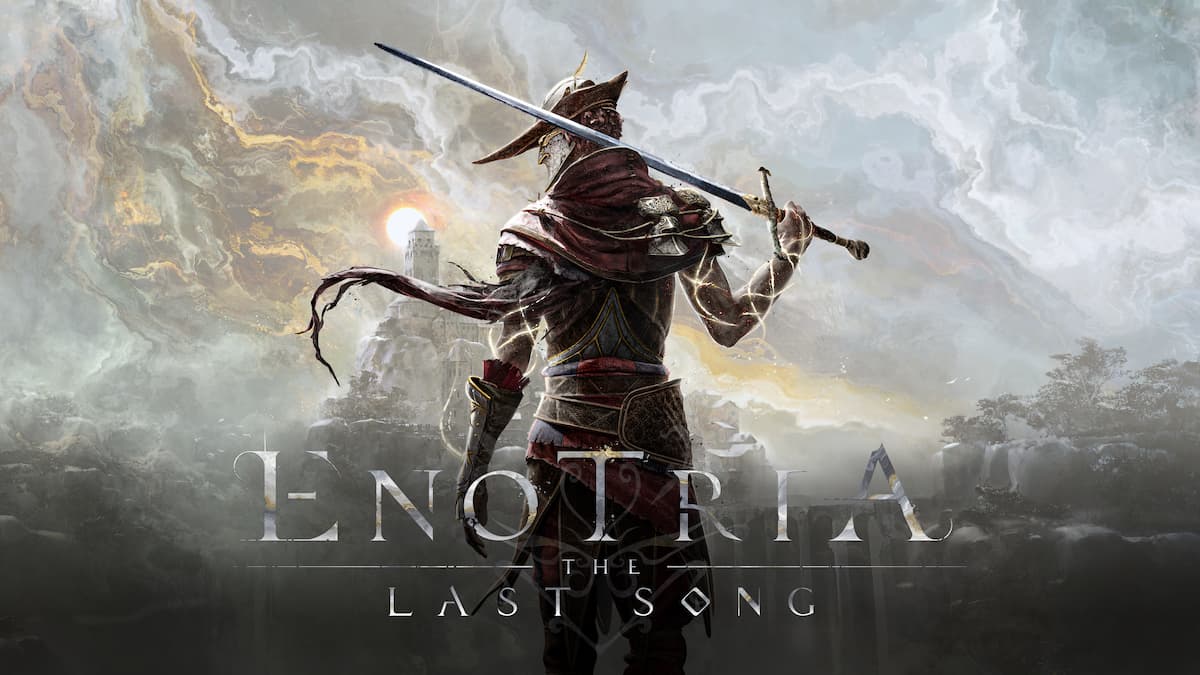
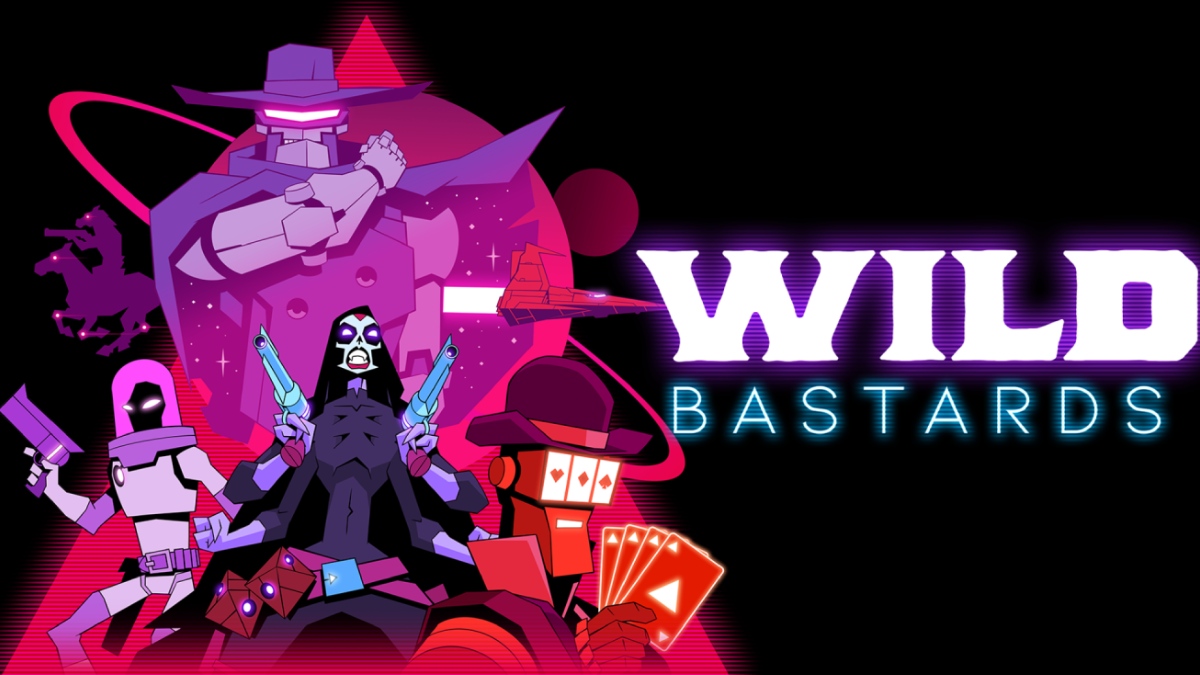

Published: Oct 29, 2019 02:53 pm